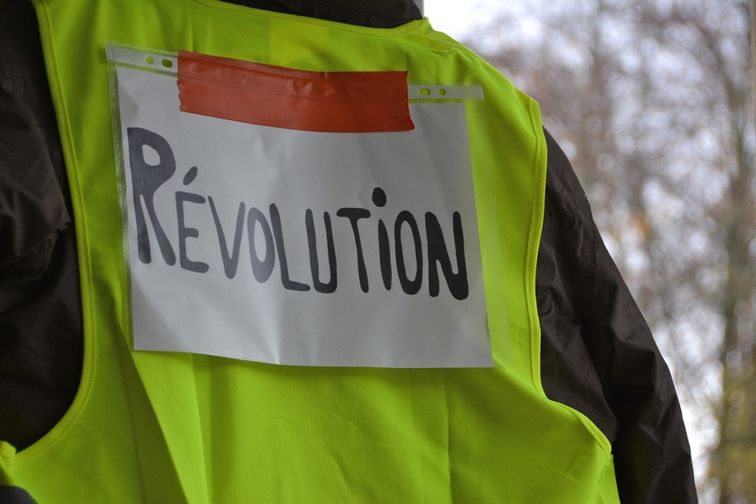For most of my adult life, I have been living paycheque to paycheque working at minimum wage jobs. Most recently, I was employed at a boutique soap store (which continues to stay open as it falls under the designation of an “essential service”). A non-unionized workplace, roughly 85% of its employees have been laid off (myself included) as a result of the COVID-19 pandemic. As I live in a household with nine other people, being laid off ensured that I could protect not only myself but the people that I live with as well from transmission of the virus.
Early in the pandemic, I and several other employees suggested that the physical store should close and instead move to online shopping with curbside pickup. As a matter of social responsibility, I argued that it was necessary to change the business model to keep both staff and customers safe. My suggestions fell on deaf ears, and my employer chose to keep the store open to the public. There were no screens for us, no masks, and no gloves. We had an abundance of soap of course, but our only pandemic safety measure was a directive to disinfect surfaces three times per day. This lack of protection for the workers in my store, and our boss’s willingness to make decisions for profit first and safety later is sadly reflective of the reality faced by billions of workers around the world.
Despite being laid off, I remain on cordial terms with my former employer and stopped in last week to make an essential purchase. Chatting with my former boss’s partner, he remarked that “laying everyone off was the best thing that could’ve happened to us.” I couldn’t help but feel angry at this comment. I recognize that for a small business owner, a drastic reduction in wages being paid out to its employees means more money in the bank and a thicker safety net for them and their family if things get worse during this crisis. What shocked me most of all about this comment is the mindset of profits over people that he was expressing, which was at the front of his mind instead of concern for any of the former employees’ well-being.
This is what capitalism does to us: it pushes us to be more worried about the money we have in the bank than the well-being of each other as neighbours, community members, and fellow human beings. In this crisis, many of us have shifted into survival mode and are prioritizing the safety of ourselves and our kin. While this may seem like the only option in these times, there is another way. As millions of Canadians face job losses, income insecurity, and health disparities in our communities, this is the time for us to recognize our shared struggles. We cannot forget one another.
So, I encourage you to check in on your neighbours, and offer help when you can. Create a mutual aid network amongst people in your community. And, if you find yourself still at work during this crisis, consider doing some research about unions and learning about their role in ensuring the health and safety of workers.




